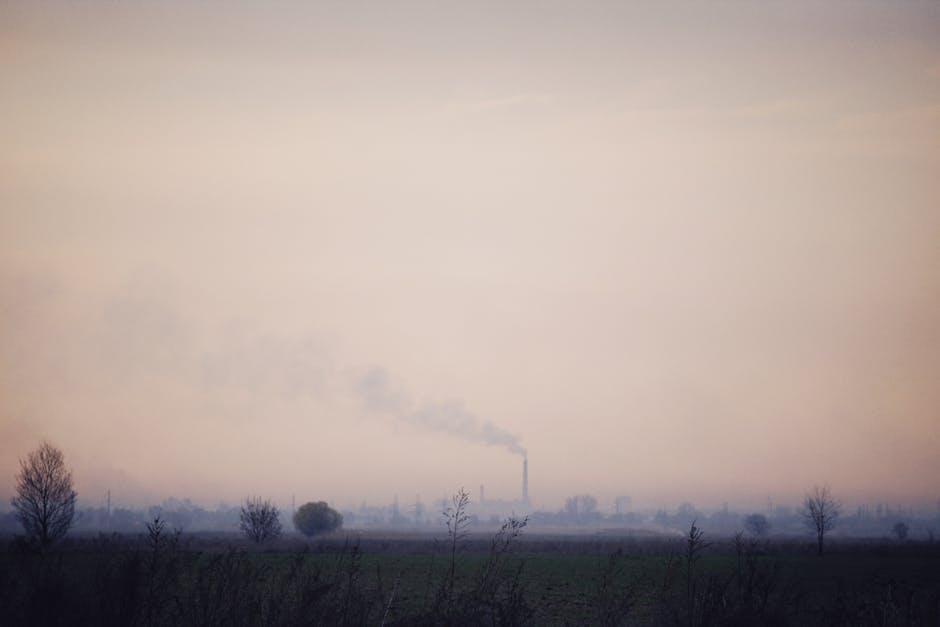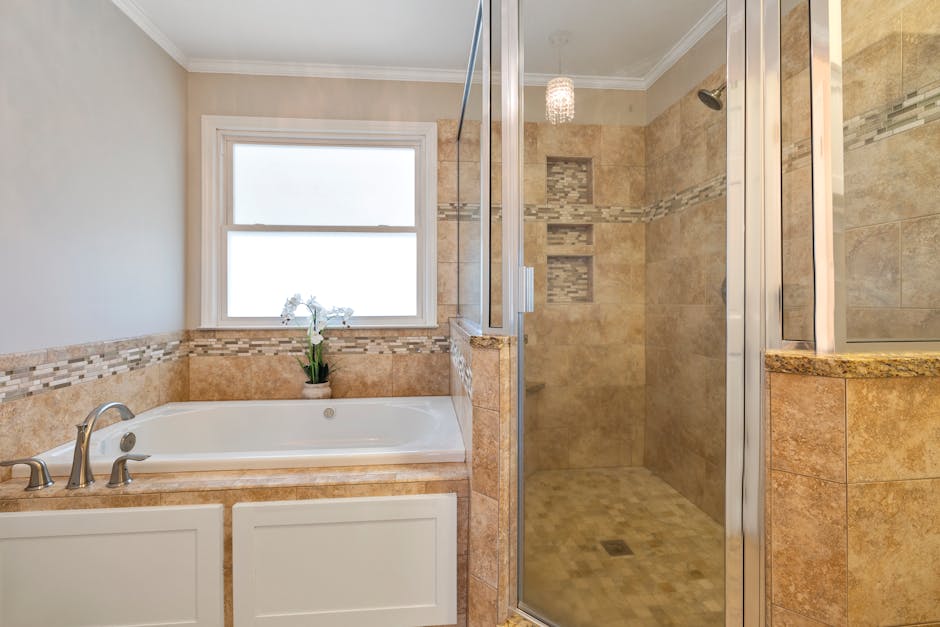**
Kurla’s Current Air Quality: AQI at 131 (Moderate)
The Air Quality Index (AQI) in Kurla, Mumbai, has reached 131, placing it in the “moderate” category, as per the Central Pollution Control Board (CPCB). While not critically hazardous, this level raises concerns for long-term exposure, especially in a densely populated, industrial-heavy suburb like Kurla.
What Does AQI 131 Mean?
The AQI scale ranges from 0–500, with key categories:
– 0–50 (Good): Safe for all
– 51–100 (Satisfactory): Mild risk for sensitive groups
– 101–200 (Moderate): Discomfort for asthma/heart patients
– 201+ (Poor/Severe): Dangerous for everyone
At 131, Kurla’s air may affect vulnerable groups—children, seniors, and those with respiratory conditions—but most healthy adults won’t face immediate harm.
Causes of Poor Air Quality in Kurla
- Traffic Pollution: High PM2.5 & NO₂ from cars, buses, and autos.
- Industrial Emissions: Unregulated factories worsen air quality.
- Construction Dust: Metro/road projects add particulate matter.
- Weather: Low wind traps pollutants, especially in winter.
Health Risks of AQI 131
- Short-term: Coughing, throat irritation, watery eyes.
- Long-term: Asthma, bronchitis, or heart disease with prolonged exposure.
- At-risk groups: Should limit outdoor activity during peak hours (7–10 AM, 6–9 PM).
How to Protect Yourself
✔ Use N95 masks outdoors.
✔ Check real-time AQI via SAFAR/CPCB.
✔ Avoid morning walks; opt for indoor exercise.
✔ Install air purifiers at home near windows.
✔ Support green initiatives (tree planting, waste reduction).
Solutions for Cleaner Air in Kurla
- Strict industrial emission checks.
- More public transport (metros/electric buses).
- Add green spaces to absorb pollutants.
- Install more AQI monitors for hyperlocal data.
Mumbai’s Growing Air Crisis
Kurla mirrors trends in Andheri, Chembur, and Bhandup, where AQI often crosses 150. Without policy action, Mumbai risks reaching Delhi-like pollution levels.
Key Takeaway
An AQI of 131 demands awareness, not panic. Stay informed, adopt precautions, and advocate for cleaner air policies.
For live AQI updates, follow trusted sources like CPCB or SAFAR.
**




